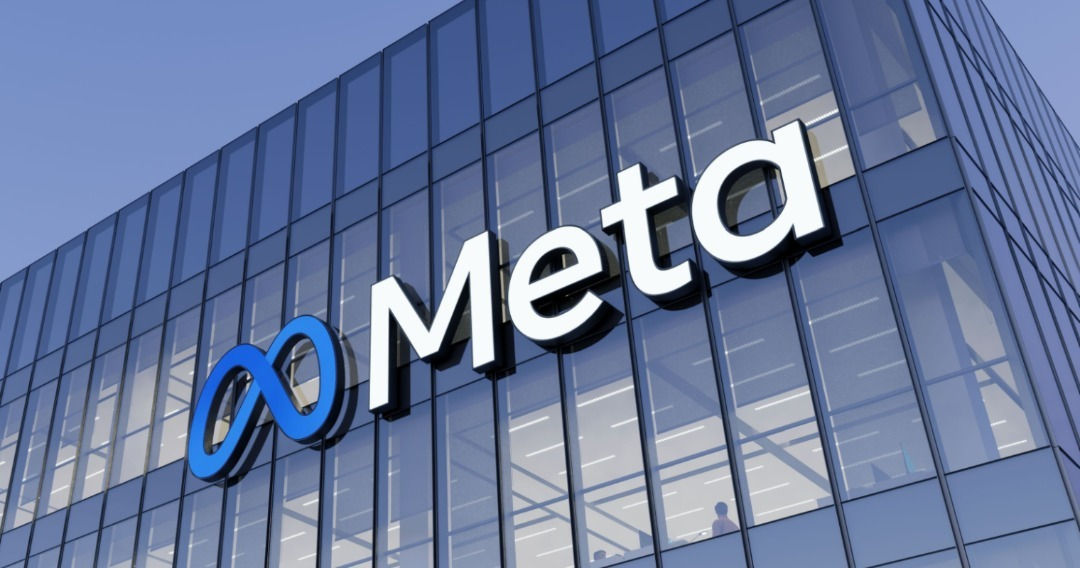Apple, Meta fined €500 m and €200 m respectively for breaching EU’s Digital Markets Act

The European Commission, the primary executive arm of the European Union, has fined tech giant Apple of €500 million (~₹4,870 crore) and Meta €200 million (~₹1,947 crore) for breaching the Digital Markets Act (DMA).
According to the commission, “Apple breached its anti-steering obligation under the DMA, and Meta breached the DMA obligation to give consumers the choice of a service that uses less of their personal data.”
Apple’s DMA breach
Under the DMA, app developers distributing their apps via Apple’s App Store should be able to inform customers, free of charge, of alternative offers outside the App Store, steer them to those offers and allow them to make purchases.
The commission found Apple failing to comply with this obligation. Due to a number of restrictions imposed by Apple, app developers cannot fully benefit from the advantages of alternative distribution channels outside the App Store, said the commission.
Moreover, consumers cannot fully benefit from alternative and cheaper offers as Apple prevented developers from directly informing consumers of such offers.
It then ordered Apple to remove technical and commercial restrictions on steering and not impose them in the future.
Meta’s DMA breach
The DMA states that ‘gatekeepers’ (Alphabet, Amazon, Apple, ByteDance, Meta, Microsoft) must seek users’ consent for combining their personal data between services. If a user is not okay with that, they must be provided with an equivalent alternative which can be less personalised.
However, according to the EU Commission, “In November 2023, Meta introduced a binary ‘Consent or Pay' advertising model. Under this model, EU users of Facebook and Instagram had a choice between consenting to personal data combination for personalised advertising or paying a monthly subscription for an ad-free service.”
“The Commission found that this model is not compliant with the DMA, as it did not give users the required specific choice to opt for a service that uses less of their personal data but is otherwise equivalent to the ‘personalised ads' service. Meta's model also did not allow users to exercise their right to freely consent to the combination of their personal data,” it added.
In November 2024, Meta introduced another version of the free personalised ads model, offering a new option that allegedly uses less personal data to display advertisements. The commission is currently assessing this option.
The commission therefore imposed a fine on Meta’s ‘Consent or Pay’ model between March 2024 (when DMA became legally bounding) and November 2024 (when Meta offered a new model).
What now?
Apple and Meta are required to comply with the verdict within 60 days, or they may be fined with periodic penalty payments.

